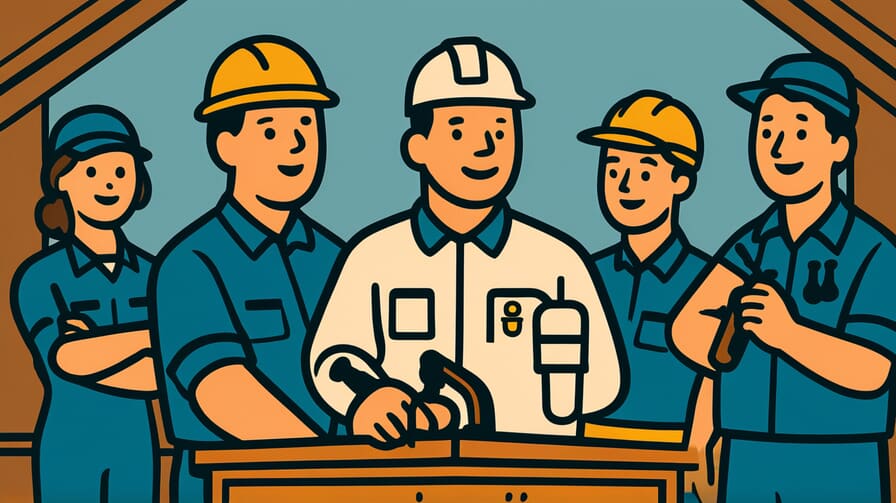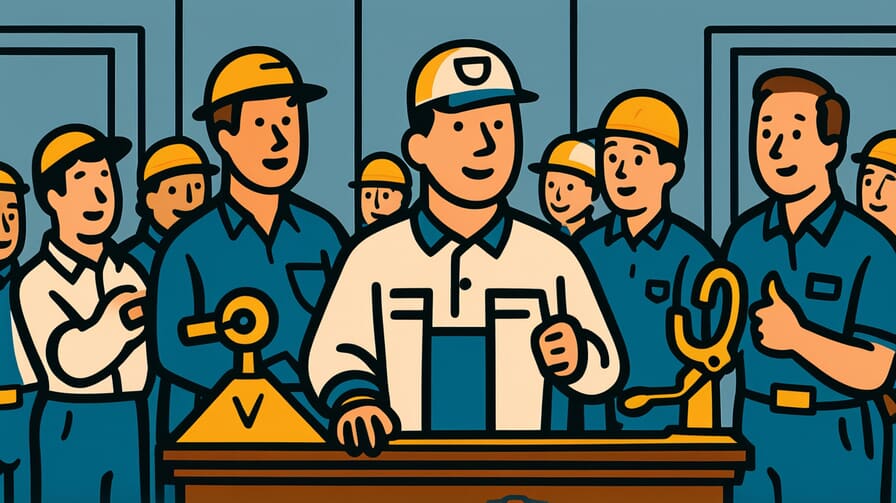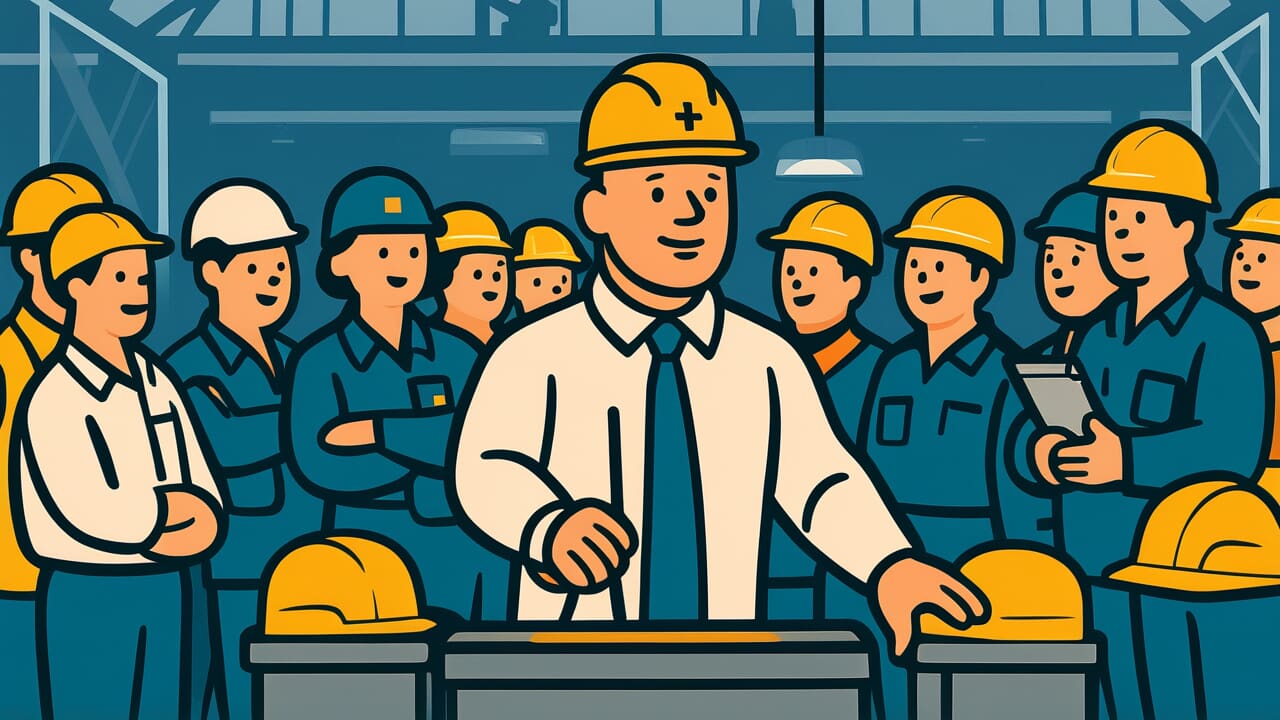[Disclaimer] This article is reconstructed based on information from external sources. Please verify the original source before referring to this content.
News Summary
The following content was published online. A translated summary is presented below. See the source for details.
On September 5, 2025, Chancellor Friedrich Merz delivered a keynote speech at a significant event for the skilled trades sector in South Westphalia. While the exact anniversary of the South Westphalia Chamber of Crafts could not be confirmed, the event highlighted the crucial role of skilled trades in Germany’s economy and future. Chancellor Merz, who took office in May 2025, emphasized the importance of increasing the visibility of skilled trades and their connection to society and politics. The Chancellor’s presence underscored the government’s commitment to supporting the craft sector, which has been reinforced by recent policy initiatives. These include immigration reforms to attract skilled workers, the introduction of the Chancenkarte (Opportunity Card), and increased public investment in infrastructure and business innovation. The event also served as a platform to discuss the challenges and opportunities facing the skilled trades sector in Germany.
Source: Bundesregierung (Germany)
Our Commentary
Background and Context

The skilled trades sector has long been considered the backbone of the German economy. With the country facing acute labor shortages, the government has implemented a series of immigration and labor reforms since 2024 to attract and retain skilled workers, including those in traditional trades. These reforms are part of a broader strategy to address demographic challenges and maintain Germany’s economic competitiveness.
Expert Analysis
Chancellor Merz’s address at this event signals a continued focus on supporting the craft sector. The government’s recent initiatives, such as the Chancenkarte and relaxed entry regulations for skilled workers, demonstrate a proactive approach to addressing labor shortages. Additionally, the increased public investment in infrastructure and innovation is likely to create opportunities for craft businesses.
Key points:
- The government has expanded support for skilled trades through immigration reforms and investment initiatives.
- Efforts to increase the visibility and attractiveness of skilled trades are ongoing, including image campaigns and digital marketing support.
- The craft sector is positioned as crucial for shaping Germany’s economic future.
Additional Data and Fact Reinforcement
Recent policy changes and initiatives have significantly impacted the craft sector:
- The Chancenkarte, introduced in 2024, allows skilled workers from non-EU countries to search for jobs in Germany.
- A recognition partnership system, effective March 2024, enables quicker employment for skilled workers without formal recognition in some cases.
- The 2025 immigration reforms broadened the list of recognized skilled professions and eased job seeker visa requirements.
Related News
The government’s focus on skilled trades aligns with broader economic initiatives, including the €120 billion annual public investment for modernizing infrastructure and the €1 billion allocation for the Initiative for Growth in 2025. These investments are expected to indirectly benefit the craft sector by improving overall economic conditions and fostering innovation.
Summary

Chancellor Merz’s address at the skilled trades event in South Westphalia reflects the ongoing commitment of the German government to support and strengthen the craft sector. Through a combination of immigration reforms, public investment, and initiatives to enhance the sector’s image, Germany is actively working to address labor shortages and position skilled trades as a cornerstone of its economic future.


